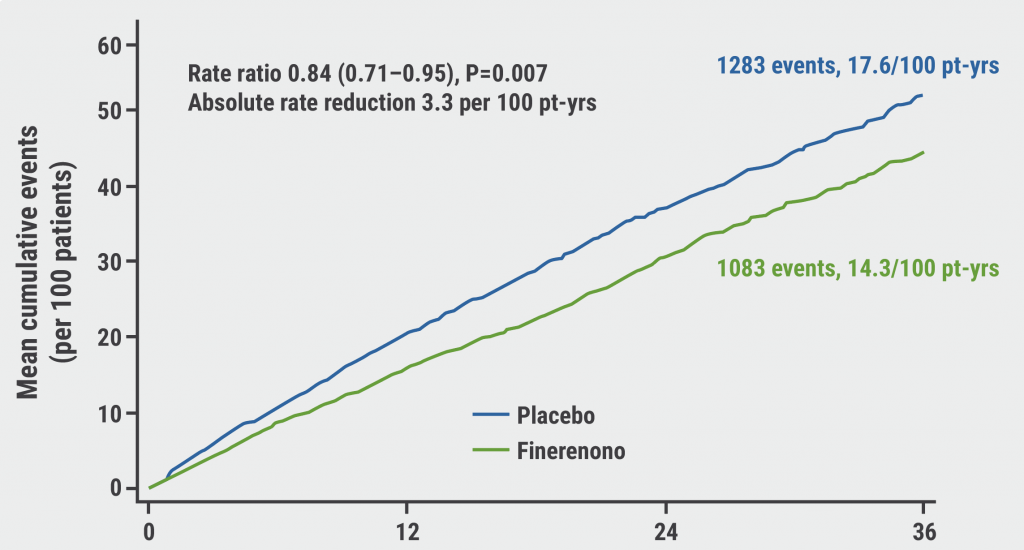HSS may improve diuretic response and outcomes in hospitalised patients with HF, though this has never translated into strong guideline recommendations. Less is known about the efficacy and safety of hypertonic treatment in ambulatory patients with worsening HF. The SALT-HF trial (NCT04533997), presented by Dr Marta Cobo Marcos (Iron Gate Majadahonda University Hospital, Spain), explored whether the addition of HSS to IV furosemide increased 3-hour diuresis or had other positive effects [1].
SALT-HF included participants with:
- worsening HF and 2 signs of volume overload;
- a daily oral loop diuretic dose of ≥80 mg furosemide or equivalent for ≥30 days;
- NT-proBNP >1,000 pg/mL or BNP >250 pg/mL; or
- a need for IV diuretic therapy.
The 168 participants were randomised 1:1 to IV furosemide plus HSS or IV furosemide alone.
The primary outcome of 3-hour diuresis volume did not differ between the groups: 1,099 mL in the HSS group compared with 1,103 mL in the control group (mean difference −4.6 mL; P=0.963). Similarly, no significant differences were observed in 3-hour natriuresis volume or 3-hour weight difference. There were also no differences in any of the other secondary outcomes, assessed 7 days after treatment: NYHA classification and visual analogue scale score, composite congestion score, body-weight difference, inferior vena cava diameter, lung ultrasound B-lines, and biomarker scores.
According to Dr Cobo Marcos, a possible explanation for the negative results is that a single infusion or a 3-hour evaluation period may have been insufficient to show any benefits. Hypertonic saline was safe, with no increased risk of worsening renal function or hypokalaemia.
- Marcos MC, et al. Efficacy of hypertonic saline therapy in ambulatory patients with heart failure. Late breaking clinical trials: drugs and disease management, Heart Failure 2024, 11–14 May, Lisbon, Portugal.
Copyright ©2024 Medicom Medical Publishers
Posted on


